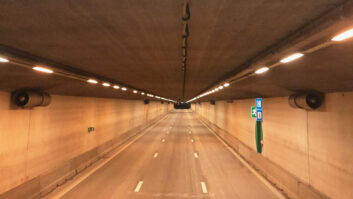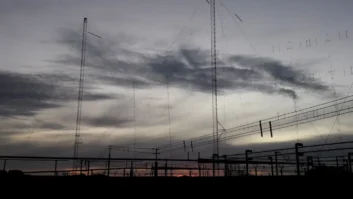Though the FCC hasn’t made a decision on final rules governing operation of terrestrial repeaters for XM Satellite Radio and Sirius Satellite Radio, it has granted Special Temporary Authority sought by both satcasters for some of their repeaters. The STAs were granted despite opposition by wireless groups that operate on spectrum adjacent to the portion of the S-band designated for XM and Sirius.
XM received an STA to operate 49 repeaters in addition to those it already operates. Sirius received STAs to change the technical parameters of 16 of its repeaters.
The STAs are good for up to 180 days, or until the final repeater rules become effective, whichever occurs first.
XM and Sirius are in talks with the wireless coalition about interference and how the final repeater rules should treat this subject but the wireless companies wanted the FCC to deny the STAs, fearing “an increased potential for interference,” according to the agency’s order.
The FCC found it in the public interest to grant the STAs, citing “the many public interest benefits that SDARS can provide” like diverse programming and offering a radio signal to areas that have limited radio service now.
The commission also said neither XM nor Sirius propose to operate their repeaters at more than 10 kW EIRP.
According to XM, 35 of the requested 49 additional repeaters would operate with a power level of 2 kW or less and the remaining 14 will operate at 10 kW EIRP or less.
For Sirius, 12 out of the 16 repeaters would replace a one-sector antenna with power greater than 5kW EIRP with a two-sector antenna with 5kW EIRP per sector. The remaining 4 Sirius cases involve replacing a two-sector antenna with power greater than 5kW EIRP with a two-sector antenna with 5kW EIRP per sector.
Sirius, XM Get Repeater STAs
Sirius, XM Get Repeater STAs







